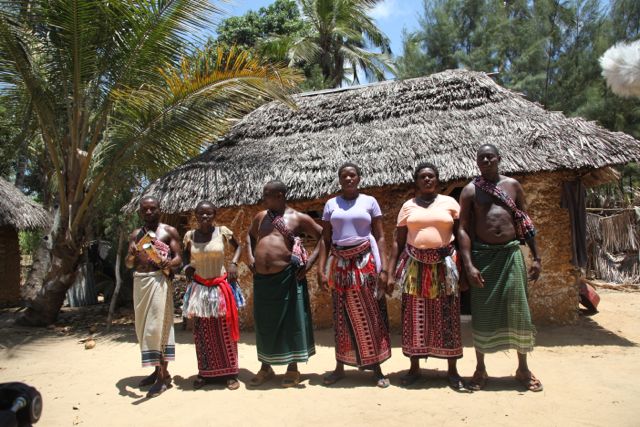The Mijikenda tribe is an ethnic group native to the coastal regions of Kenya, located along the Indian Ocean. They are made up of nine distinct sub-tribes, each with its unique cultural heritage, customs, and language. The nine sub-tribes include the Chonyi, Duruma, Giriama, Jibana, Kambe, Kauma, Rabai, Ribe, and Taveta. Despite the differences in language, each sub-tribe shares a common ancestry, and their cultures are interwoven with one another.
The Mijikenda people are known for their unique cultural practices and traditional beliefs. They have a strong attachment to their ancestral land, which they believe is the source of their livelihoods and cultural heritage. As a result, they have a deep respect for nature and the environment and practice sustainable land use practices.

One of the most notable cultural practices among the Mijikenda people is the initiation ceremony for young boys and girls. For boys, the initiation ceremony is known as the ‘Male Rites of Passage’ and involves circumcision, while for girls, it is known as ‘Female Rites of Passage’ and involves female genital mutilation. Although female genital mutilation is illegal in Kenya, some communities still practice it.
The Mijikenda people also have a rich musical heritage, which is expressed through their traditional music and dance. They use a variety of musical instruments, such as the ngoma (drum), kigogo (xylophone), and zeze (stringed instrument). Their music is often accompanied by synchronized dancing and is used for various occasions, such as weddings, funerals, and religious ceremonies.
The Mijikenda people also have a rich artistic heritage, which is expressed through their woodcarvings, basket weaving, and pottery. They use locally available materials such as wood, sisal, and clay to create intricate designs and patterns. The woodcarvings, in particular, are highly valued by collectors and tourists and are a significant source of income for the Mijikenda people.
Religion plays a significant role in the Mijikenda culture, and they believe in a Supreme Being who controls the universe. They also have various deities and spirits that they believe can either help or harm them. Each sub-tribe has its unique spiritual beliefs, and they all have their shrines where they perform rituals and offer sacrifices to their deities.
The Mijikenda people have faced several challenges over the years, including land disputes, poverty, and lack of access to education and healthcare. However, they have managed to maintain their cultural heritage and continue to practice their traditional customs and beliefs.